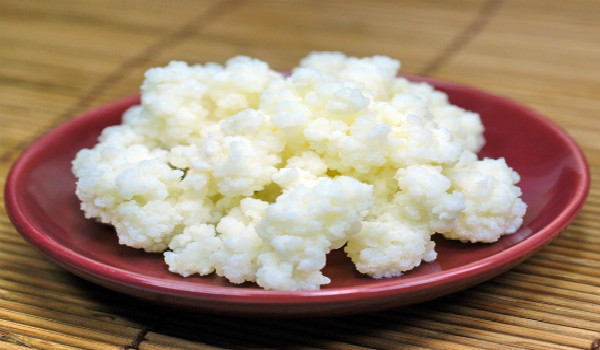It has been statistically shown that the human intestines process approximately 40,000 liters of liquid and 100 tons of food during the life. Apparently, our intestines contain over 4 pounds of fecal despots and waste which are toxic and extremely harmful to the health.
Hence, in order to preserve and improve our health condition, we need to regularly help our intestines and cleanse them in order to boost their proper function.
These are the most common symptoms that your intestines are full of toxins and waste: frequent constipation, metabolism issues, kidney diseases, arthritis, excessive weight, liver disease, unhealthy skin, damaged nails, and hair, as well as cancer.
There is a cleansing procedure known as “enema”, which includes the injection of liquid through the anus in order to trigger the evacuation of the bowels. Yet, apart from being expensive, this method will also harm the gut flora. Moreover, this treatment cleanses only a small portion of the colon, 40-50cm.
Therefore, we will offer you a natural and extremely effective method to cleanse your intestines. Moreover, it will get rid of all toxins, lower cholesterol levels, promote weight loss and normalize the lipid metabolism.
You will successfully cleanse your intestines and detoxify your entire body by regularly consuming flaxseed for three weeks. Flax seed also has other important beneficial effects and it will preserve the natural intestinal microflora. This is how to consume it:
- Week 1: Mix 1 tablespoon of flaxseed flour with 100 ml of kefir.
- Week 2: Mix 2 tablespoons of flaxseed flour with 100 ml of kefir.
- Week 3: Mix 3 tablespoons of flaxseed flour with 150 ml of kefir.
In case you cannot find the flour, you can also use finely ground flaxseed. This mixture should be consumed in the morning. Apart from this, you should also consume lots of water every day, at least, 2 liters. Repeat this cleansing treatment once per year.
Indications:
- gastritis, stomach ulcers, colitis
- Inflammation of the upper respiratory tract, cystitis, urinary tract diseases
- variations in lipid metabolism, excess body weight

